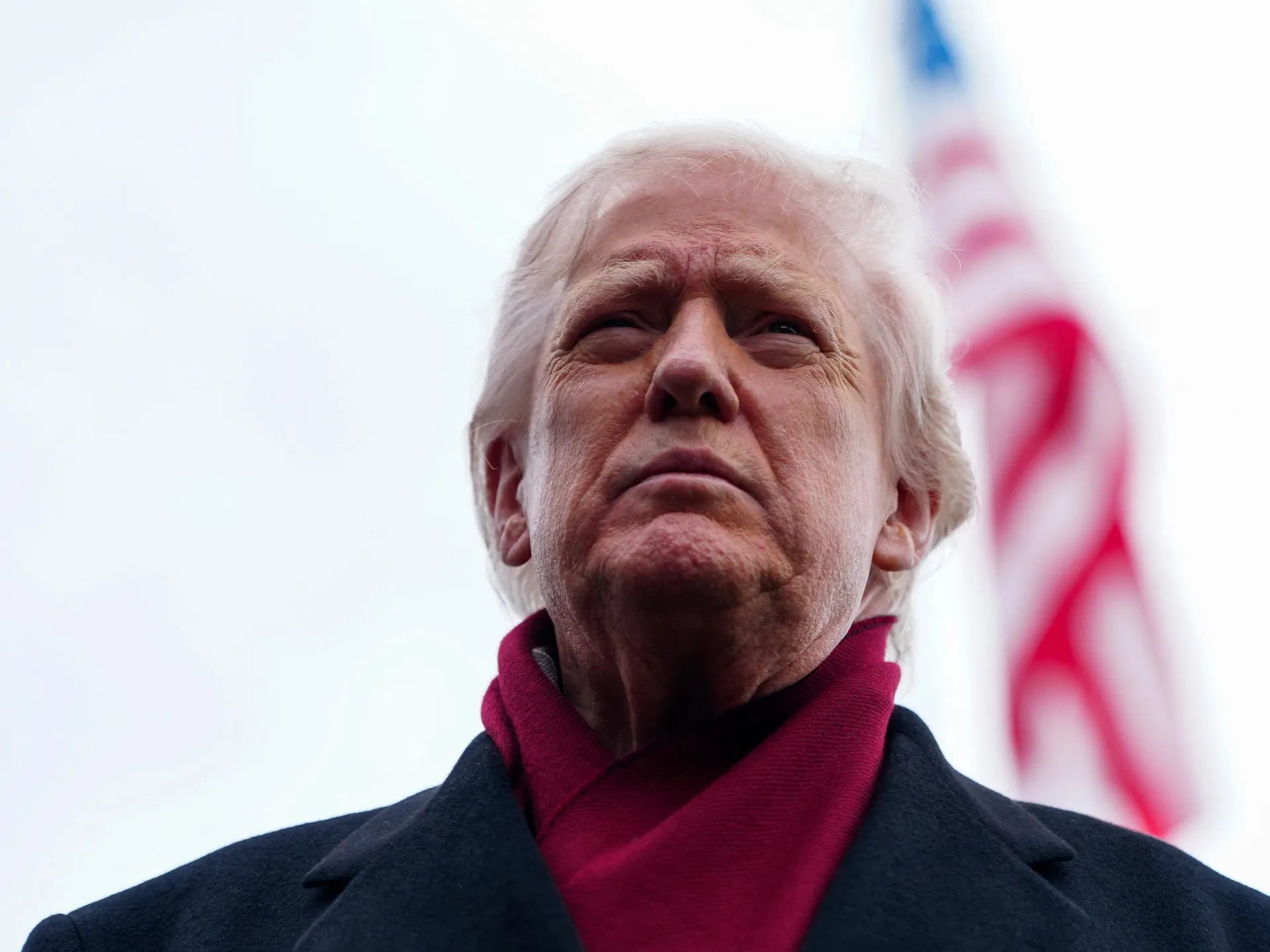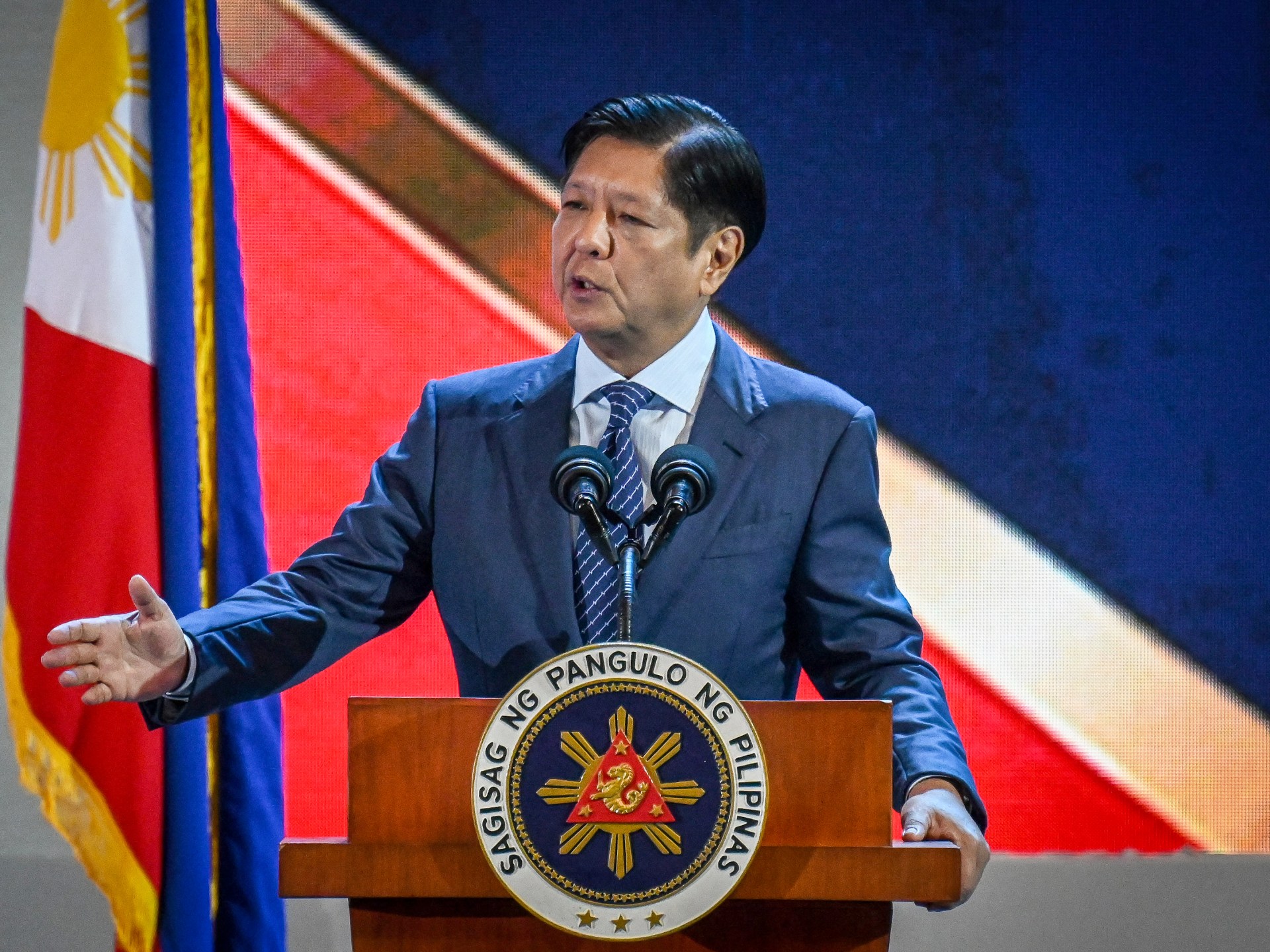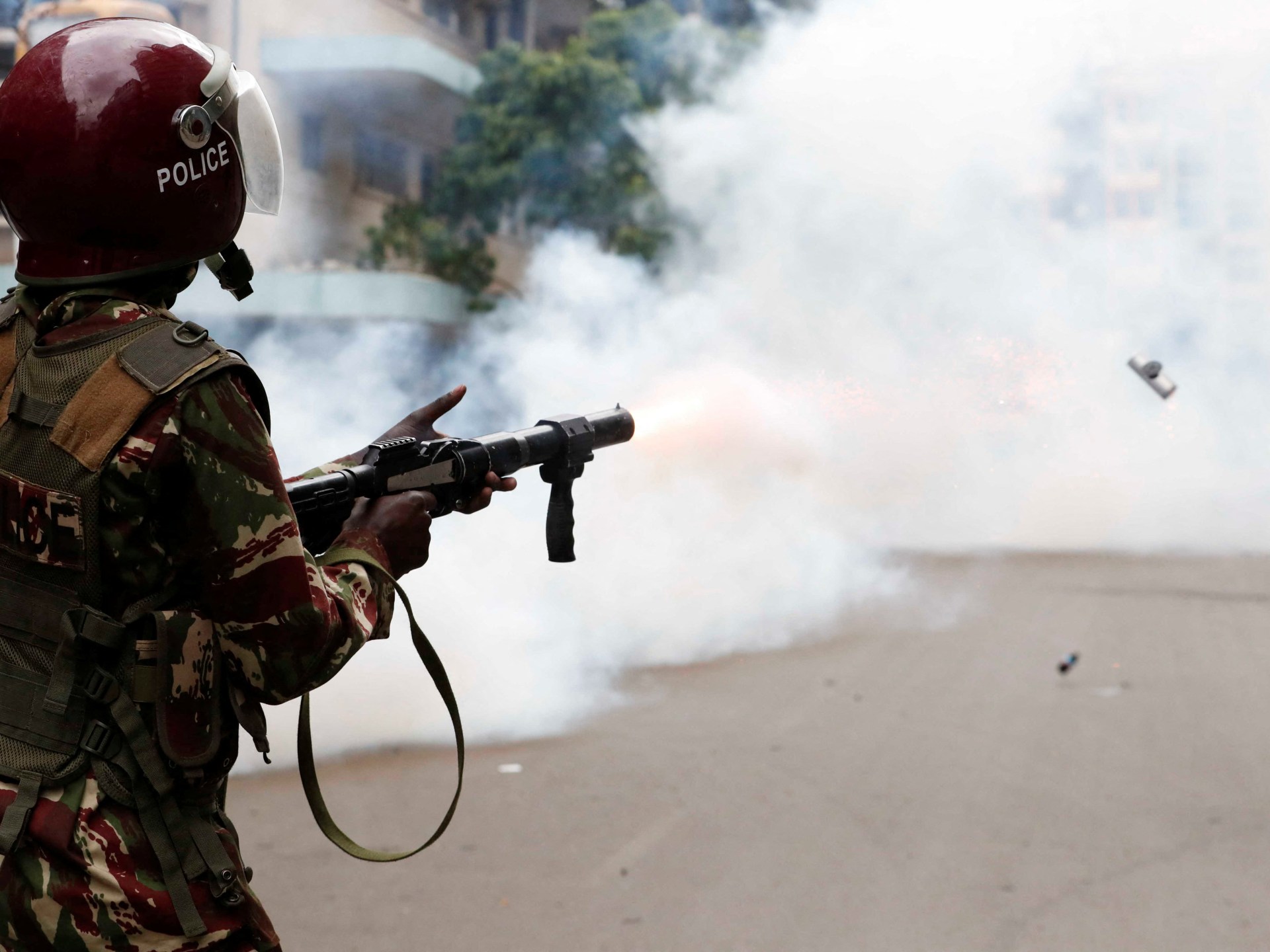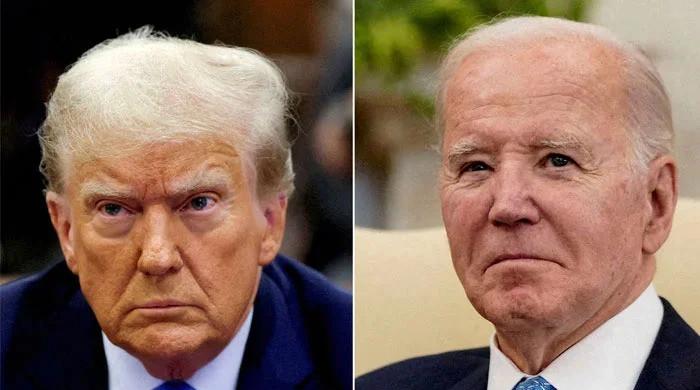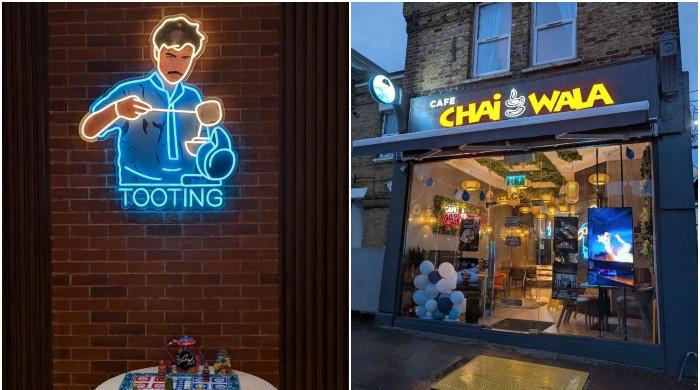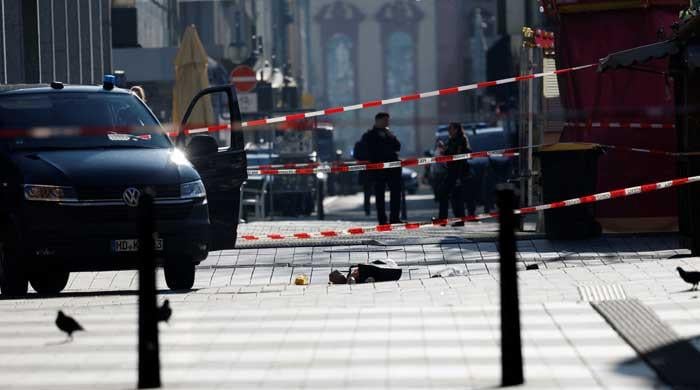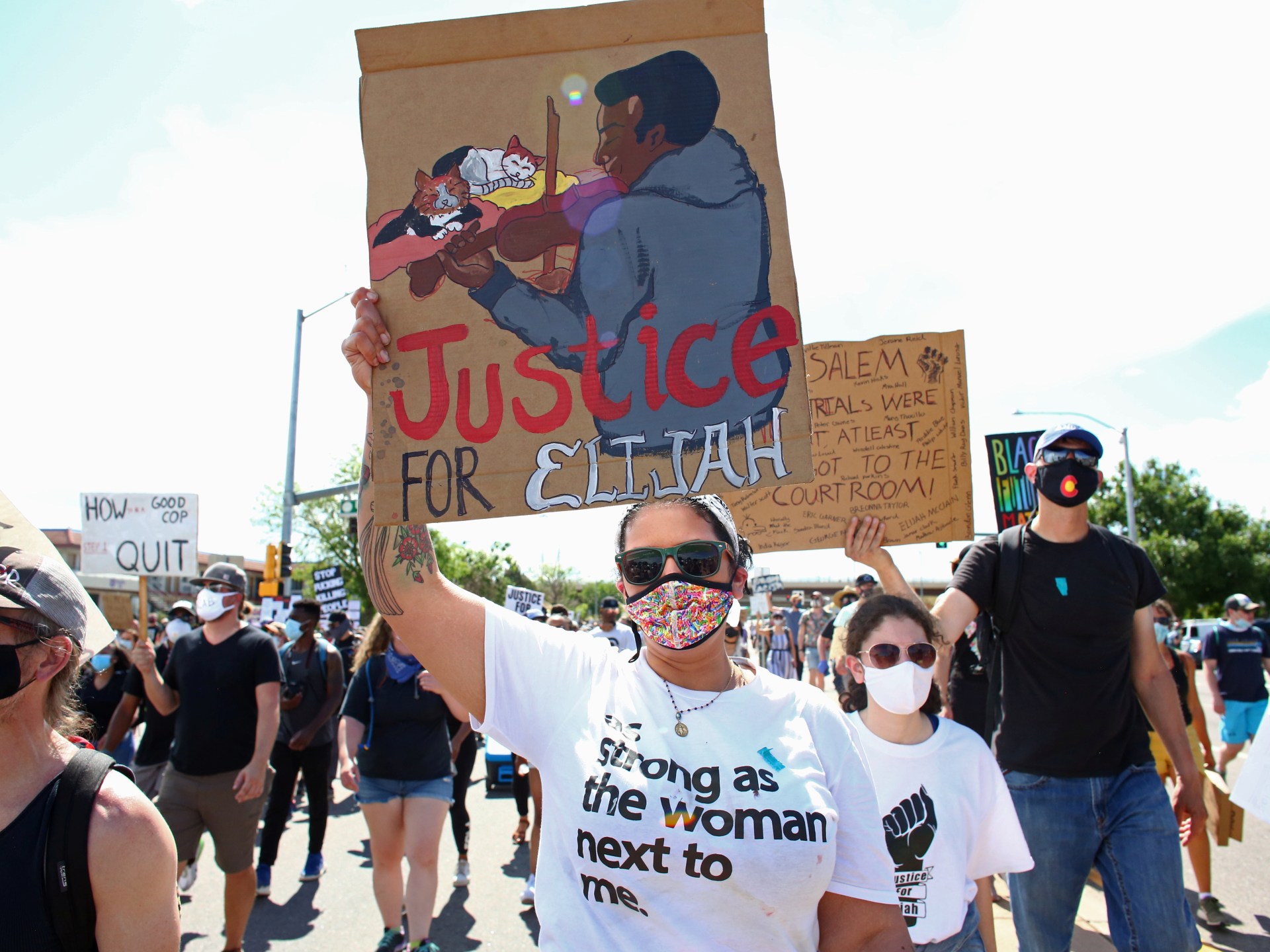The White House cites the groups' alleged support for Hamas, accusing them of waging a campaign against US interests and allies.
Posted on November 24, 2025
Washington, D.C. – US President Donald Trump ordered his advisers to begin a process to label branches of the Muslim Brotherhood in Egypt, Lebanon and Jordan as “terrorist” organizations, citing their alleged support for the Palestinian group Hamas.
Trump issued the decree on Monday as Washington intensified its crackdown on Israel's enemies in the region.
Recommended stories
list of 3 itemsend of list
The decree accused Muslim Brotherhood leaders in Jordan of providing “material support” to Hamas and the group's Lebanese branch – known as al-Jamaa al-Islamiya – of siding with Hamas and Hezbollah in their war against Israel.
He also claimed that an Egyptian Muslim Brotherhood leader “called for violent attacks against US partners and interests” during Israel's war in Gaza. But it was unclear what the White House was referring to. The Muslim Brotherhood has been banned in Egypt and mostly driven underground.
“President Trump is taking on the transnational Muslim Brotherhood network, which fuels terrorism and destabilization campaigns against US interests and allies in the Middle East,” the White House said.
Trump's order directs the secretary of state and the secretary of the Treasury to consult with the head of US intelligence and produce a report on the designation within 30 days.
A formal “foreign terrorist organization” label would be officially applied to branches of the Muslim Brotherhood within 45 days of the report.
The process is usually a formality and the appointment may come sooner. The decree also opens the door to blacklisting other branches of the Muslim Brotherhood.
The White House is also pushing to label the groups “designated global terrorists.”
The designations would make it illegal to provide material support to the group. It would also largely ban its current and former members from entering the United States and allow economic sanctions to strangle their income streams.
Long-standing demand from right-wing activists
Established in 1928 by the Egyptian Muslim scholar Hassan al-Banna, the Muslim Brotherhood has branches and branches throughout the Middle East in the form of political parties and social organizations.
Across the Middle East, parties affiliated with the Muslim Brotherhood participate in elections and say they are committed to peaceful political participation.
But the group has been banned in several countries in the region.
Blacklisting the Muslim Brotherhood has been a long-standing demand for right-wing activists in the United States.
But critics say the move could further enable authoritarianism and repression of free political expression in the Middle East.
The order could also be used to target American Muslim activists over accusations of ties to the Muslim Brotherhood or contributions to charities affiliated with the group.
Right-wing groups have long pushed to ban American Muslim groups with unfounded accusations of ties to the Muslim Brotherhood.
Nihad Awad, executive director of the Council on American-Islamic Relations (CAIR), said the designation should not have an impact on American Muslim advocacy groups and charities.
“American Muslim organizations are strong,” Awad told Al Jazeera. “They are based in the United States. Aid organizations serve millions of people abroad. I hope this does not affect their work.”
But he noted that anti-Muslim activists have been trying to promote “the conspiracy theory that every Muslim organization in the United States is a front for the Muslim Brotherhood.”
Recently, Republican Texas Governor Greg Abbott designated both the Muslim Brotherhood and CAIR as “foreign terrorist organizations and transnational criminal organizations.”
CAIR has sued the governor's office in response.

